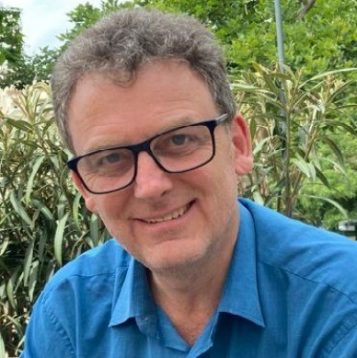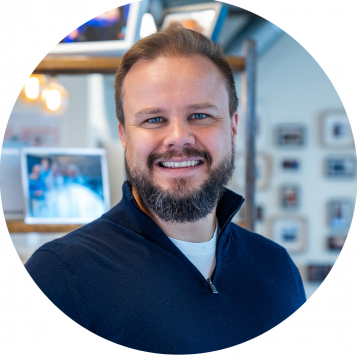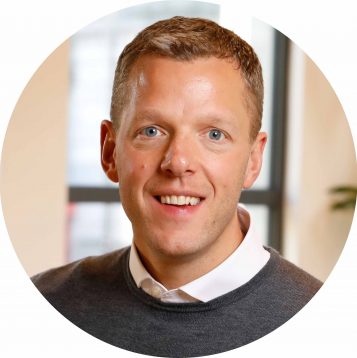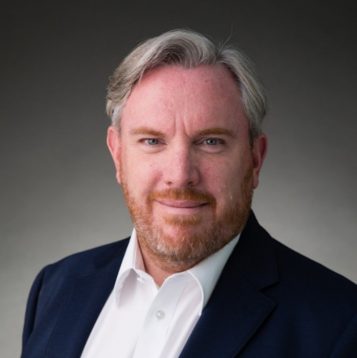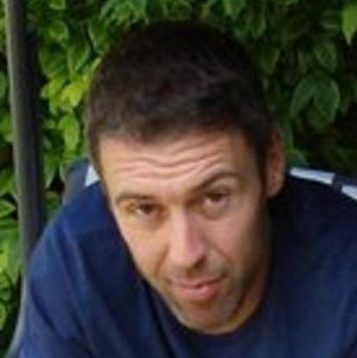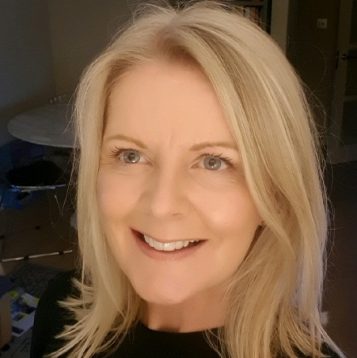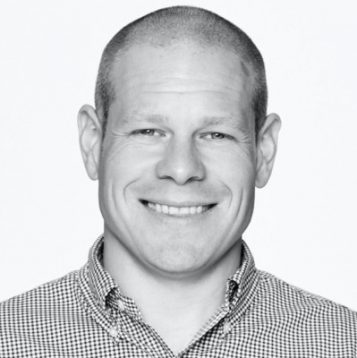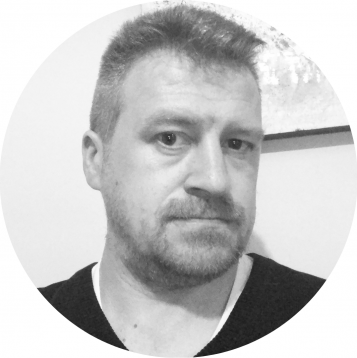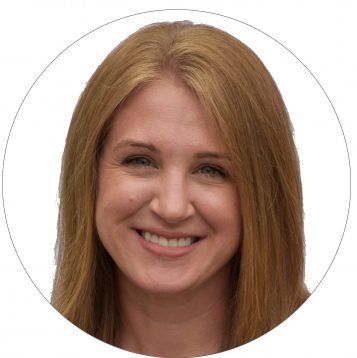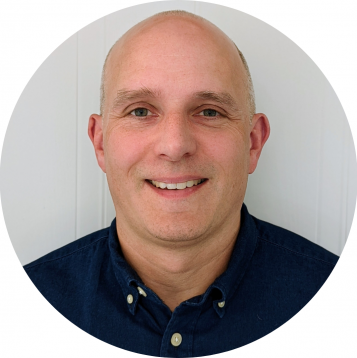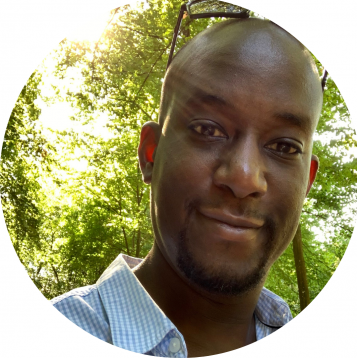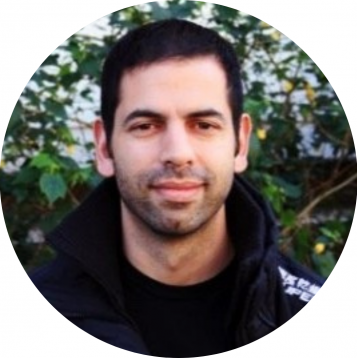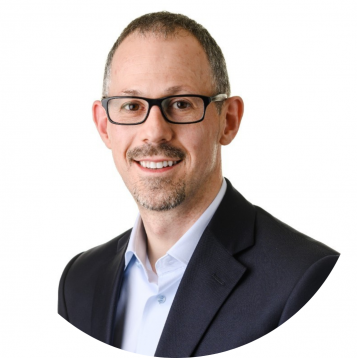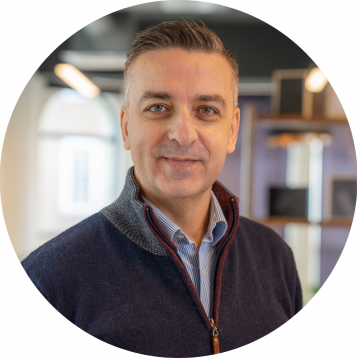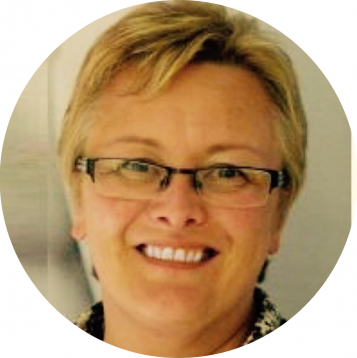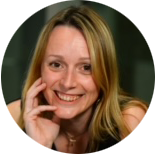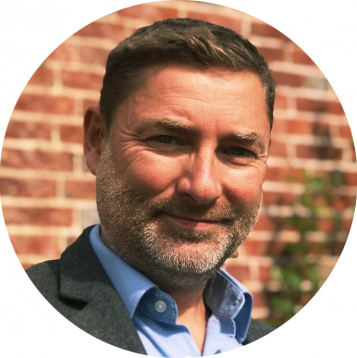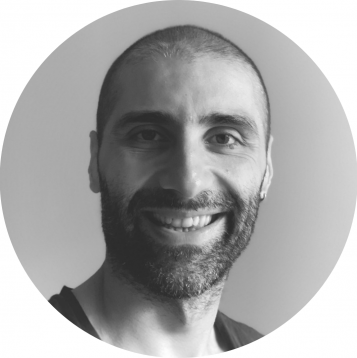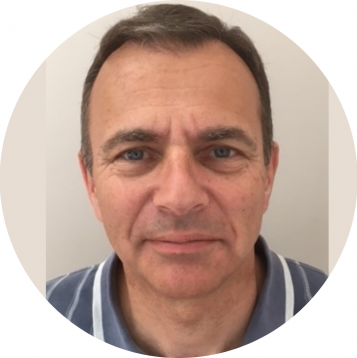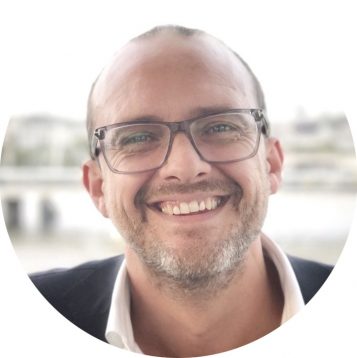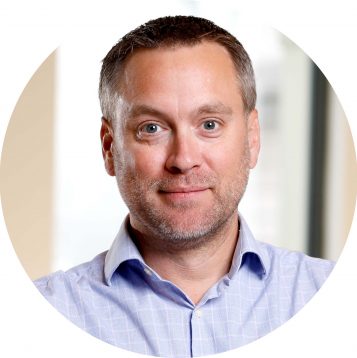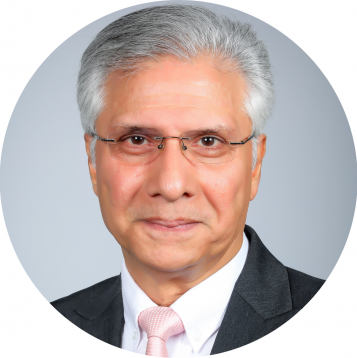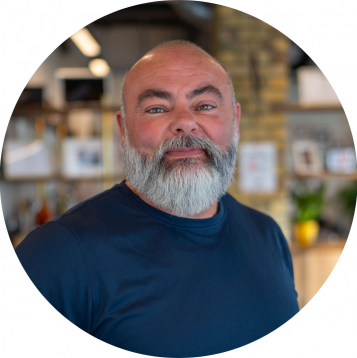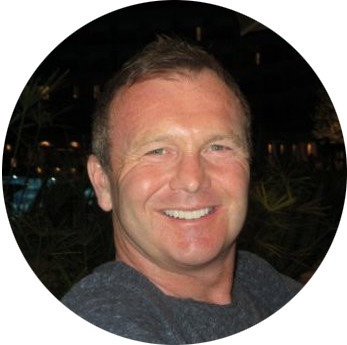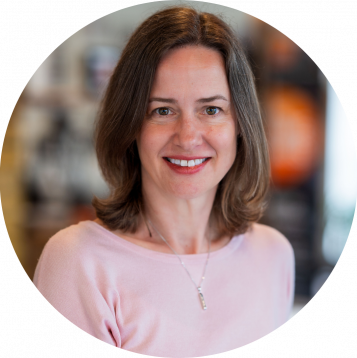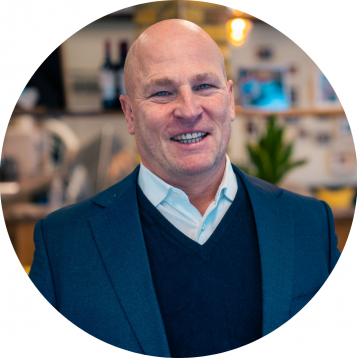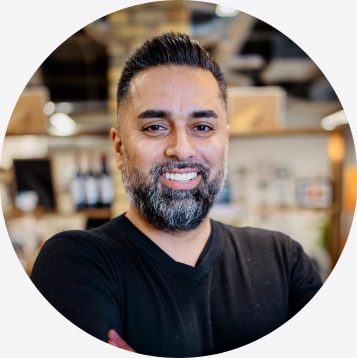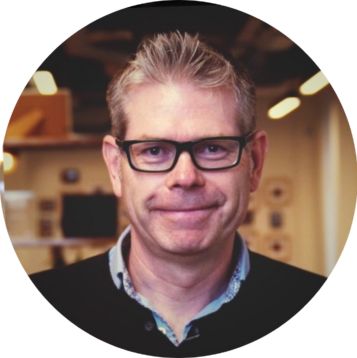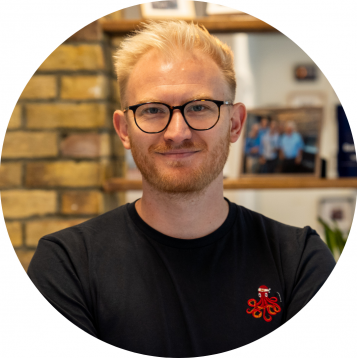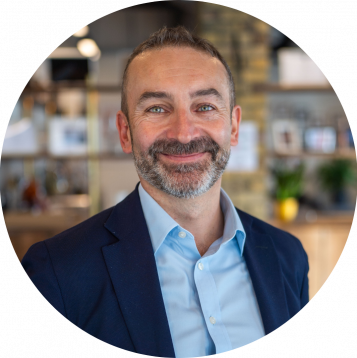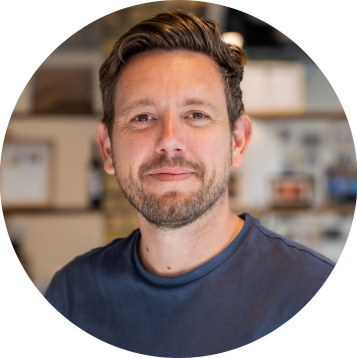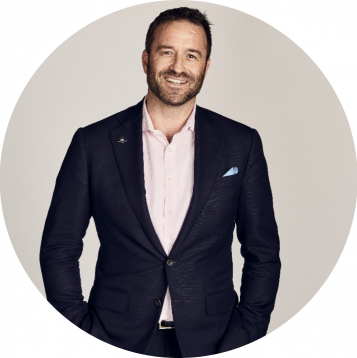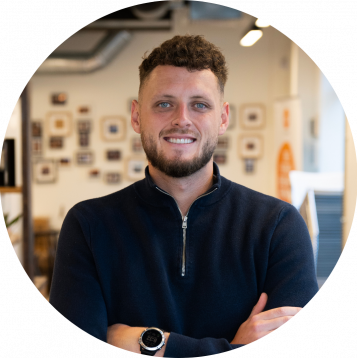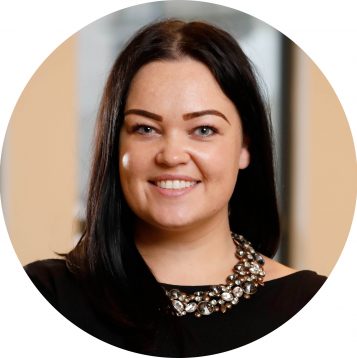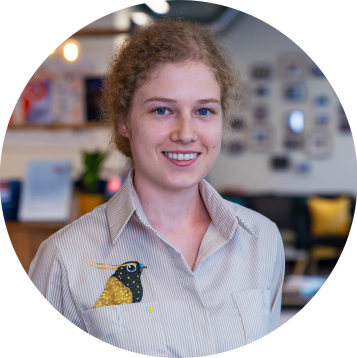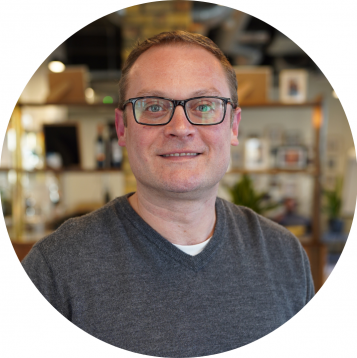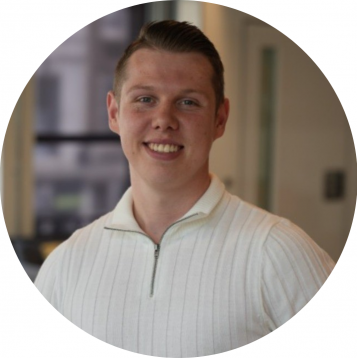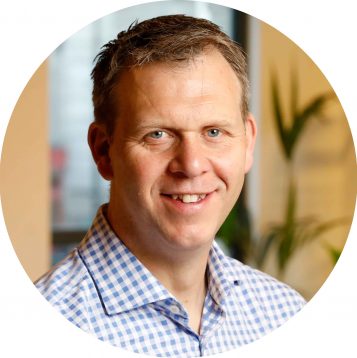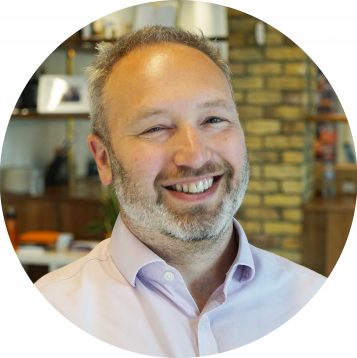Following the success of our London event in October, The Mission is Everything, Sullivan & Stanley brought the conversation to Manchester, gathering senior executives to explore how mission-based working can revolutionise operating models and enable businesses to transform at speed. Hosted at the Everyman Cinema, the evening combined actionable insights, real-world stories and thought-provoking discussion.
The lineup this time around featured Olympic champion Greg Searle and Sullivan & Stanley’s Chief Change Officer Adrian Stalham, as well as a panel of experienced business leaders who shared their journey of implementing mission-based working. Client Solutions Manager, Oliver Bradley, opened the evening with a reflection on the challenges organisations face when trying to deliver value in today’s dynamic environment. “Traditional delivery systems are perfectly designed to produce the results we see—slow progress, overburdened teams and minimal impact,” he noted. “It’s time to challenge the status quo.”
With a mix of inspiration and practical advice, the event demonstrated how organizations can deliver sustainable value at pace.
Here’s a quick recap of the highlights.
Greg Searle’s keynote: Lessons from elite performance
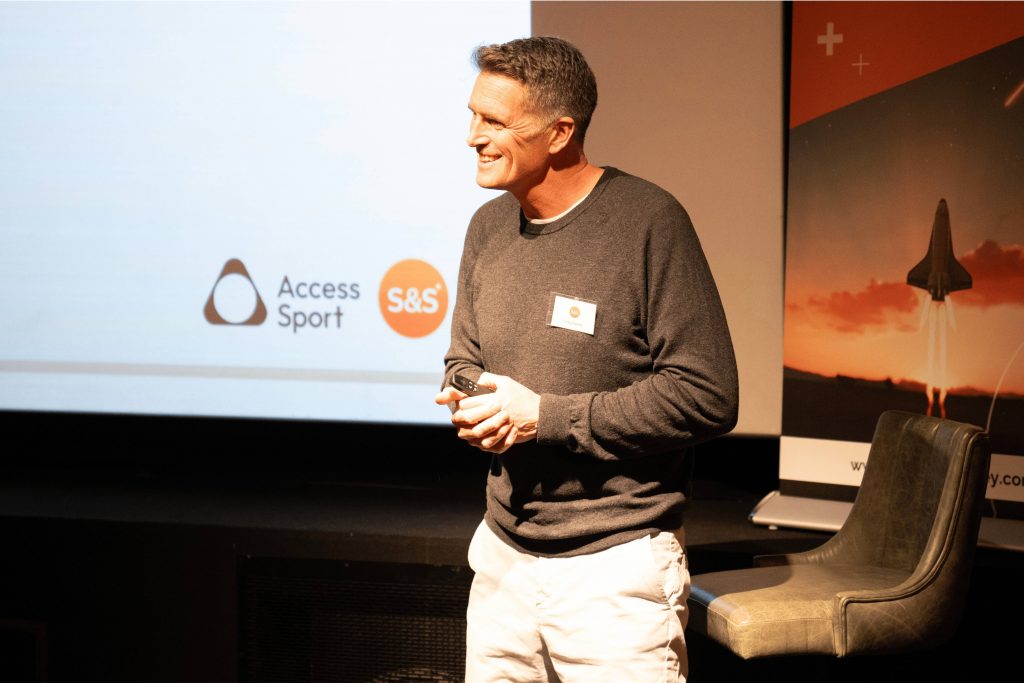
Olympic gold medallist Greg Searle delivered a powerful keynote, weaving together his experiences in elite sports and his work with organisations to highlight how clear missions, psychological safety, and team alignment can drive extraordinary results.
The Power of a Clear Mission
Greg shared the story of his return to the Olympics in 2012, when he was part of the British rowing eight. At the heart of their success was a shared mission: to define and embody “gold medal behaviours.”
“Winning wasn’t just about race day—it was about showing up with the right mindset, behaviours and focus every single day,” Greg explained. This clarity of purpose gave the team a consistent framework to guide their actions and decisions.
Psychological safety and team culture
Greg emphasised that a high-performing team requires a foundation of trust and openness. He shared an anecdote from his Olympic training, where the team embraced honest, often uncomfortable conversations about their individual and collective goals.
“Psychological safety is the key to unlocking team potential,” Greg said. “When people feel safe to voice ideas, challenge each other, and take risks, that’s when true innovation happens.”
Innovation through marginal gains
Greg brought to life the concept of marginal gains—making small, incremental improvements that collectively drive significant performance boosts. In rowing, this translated to cutting 5cm off oars for better agility and tailoring training to exploit every possible advantage.
“The mission must be strong enough to inspire these changes,” Greg noted. “It’s about asking, ‘What are the small choices we can make every day to improve?’”
Servant leadership in action
Greg’s reflections on leadership were particularly resonant for the audience. He described the role of leaders as “servant leaders” who remove obstacles and enable their teams to thrive. “It’s not about setting the path—it’s about clearing it,” he explained.
Key takeaways from Greg’s keynote:
- Mission clarity: A compelling mission aligns teams and drives focus.
- Psychological safety: Teams perform best when they feel supported and empowered.
- Innovation through inclusion: When teams are given the freedom to innovate, they find creative ways to solve problems.
- The role of leadership: Leaders must create environments where their teams can excel.
Greg’s keynote ended with an invitation to the audience to reflect on their own missions and team dynamics, leaving a lasting impression that carried through the rest of the evening.
The Mission is Everything: Sullivan & Stanley’s approach to change
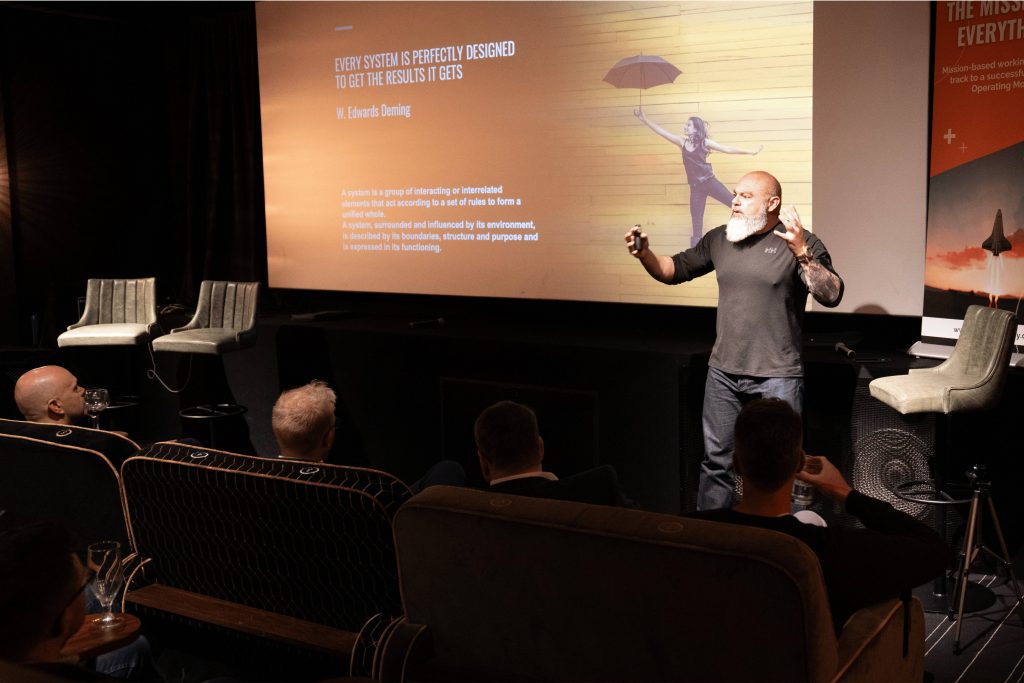
Following Greg’s inspiring talk, Adrian Stalham, Sullivan & Stanley’s Chief Change Officer, provided a deep dive into mission-based working. Adrian outlined how this approach moves beyond traditional project-based models to deliver faster, more sustainable results.
What sets mission-based working apart:
- Outcomes over solutions: Missions focus on solving problems, not delivering predefined outputs. “This freedom unleashes innovation,” Adrian explained.
- Truly cross-functional teams: Success requires collaboration across departments, from legal to customer service.
- Relentless focus: Missions align with strategic objectives, ensuring that every effort contributes to meaningful impact.
Adrian shared compelling examples of clients achieving faster delivery and greater innovation through mission-based working, reinforcing the approach as a game-changer for organisations.
Insights from the panel: Real-world transformation

The panel discussion featured Ed Karm, former CEO of Shell Energy Retail and Harry Eatough, senior consultant at S&S who was previously Customer Lead at Shell Energy Retail.
Ed shared how mission-based working transformed collaboration in his organisation. “In traditional models, silos slow everything down. But when we brought together a truly cross-functional team, we achieved more in three days than we had in three months.”
Harry emphasised the importance of resilience in overcoming resistance to change. “Traditional models fight back, but perseverance pays off,” he said, adding that servant leadership was key to his team’s success. “Our leaders focused on clearing obstacles and enabling the team to thrive.”
Practical tips from our panel:
- Build diverse teams with the right mix of skills and perspectives.
- Use OKRs to maintain alignment and focus on delivering value.
- Be transparent about wins and challenges to build trust and momentum.
While the benefits of mission-based working are clear, the panellists acknowledged that the journey isn’t always easy. They highlighted common challenges and how to overcome them.
- Resistance to change: Legacy systems and mindsets often push back against new ways of working.
- The leadership gap: Transitioning from command-and-control to servant leadership requires a significant mindset shift.
- Misaligned teams: Without a truly cross-functional team, innovation and delivery speed suffer.
Adrian’s advice? “Fix the system, not the people. Create an environment where champions are inevitable, and the results will follow.” The discussion underscored that mission-based working isn’t just a framework—it’s a mindset shift that empowers teams to take ownership and innovate.
Moving forward: Start small, scale Fast
The evening concluded with practical advice for implementing mission-based working. Adrian shared a 90-day roadmap to help organisations get started:
The 90-Day Plan:
- Define the mission: Focus on solving a strategic problem, not delivering a predefined solution.
- Assemble the team: Build a cross-functional group with the skills and authority to act.
- Set clear OKRs: Align on measurable outcomes to track progress.
- Learn by doing: Foster a culture of experimentation and continuous improvement.
- Celebrate wins: Recognise and share successes to build momentum.
The Manchester edition of The Mission is Everything demonstrated the transformative potential of mission-based working. As Greg put it, “A strong mission inspires change. It pushes teams to innovate, collaborate, and deliver extraordinary results.”
If you’re ready to redefine how your organisation works, we’d love to discuss your challenges. Get in touch to know more and register for a complimentary navigator workshop to discover how mission-based working can drive lasting transformation. The mission really is everything.

